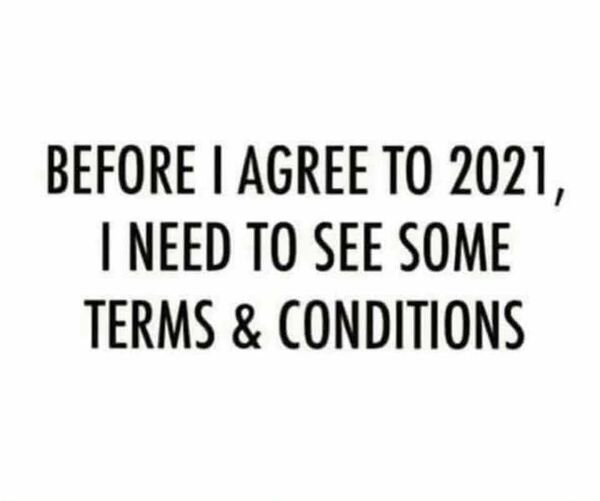Happy New Year! Do You Make New Year's Resolutions? Ideas for Writers.
/Happy New Year! Do you make New Year’s Resolutions? A brand new year always a good time to look at your goals and the things you want to do in the upcoming year.
Here are some ideas to add to your list.
Read more. Sign up for GoodRead’s Reading Challenge. This helps me track what I’m reading throughout the year. It also reminds me to post a review.
Be kind. Look for ways to share with others. It may be a small gesture, but it means something to someone else, especially during these crazy times.
File and Shred. Clean up the piles of papers, receipts, and other stuff that accumulates on your desk. Get rid of what you don’t need. Put what you do need in its place. This is a good time to pull all of your tax files togehter.
Clean up your eFiles. Go through your pictures and files. Make sure that you’re backing up important things. Organize your electronic files.
Update Your Website. Look at your website and refresh outdated items.
Grow Your Following. Commit to spending some amount of time each week to your key social media platforms. Make sure that you are sharing, commenting, and building your audience.
Visit your Social Media Bios. Make sure that all of your author photos and social media bios are current.
Learn Something New. Find a way to learn how to do something new. This is going to be at the top of my 2021 list.
Protect Yourself. Make sure that you’re backing up your important files regularly. Make sure that you have security software on your computer and that your patches are current. And don’t click on links that you don’t know where they came from.
Look for Ways to Connect. During this crazy time, make sure that you’re talking, visiting, and sharing with others. Find a group and try to participate regularly. If you can’t find a group, create one.
Up and Out. Clean out your closets and junk drawers. If you haven’t used stuff in two years, it can probably go. Look for local charities that take donations of your old items.
Just Do It. Do that thing that has been on your task list forever.




















